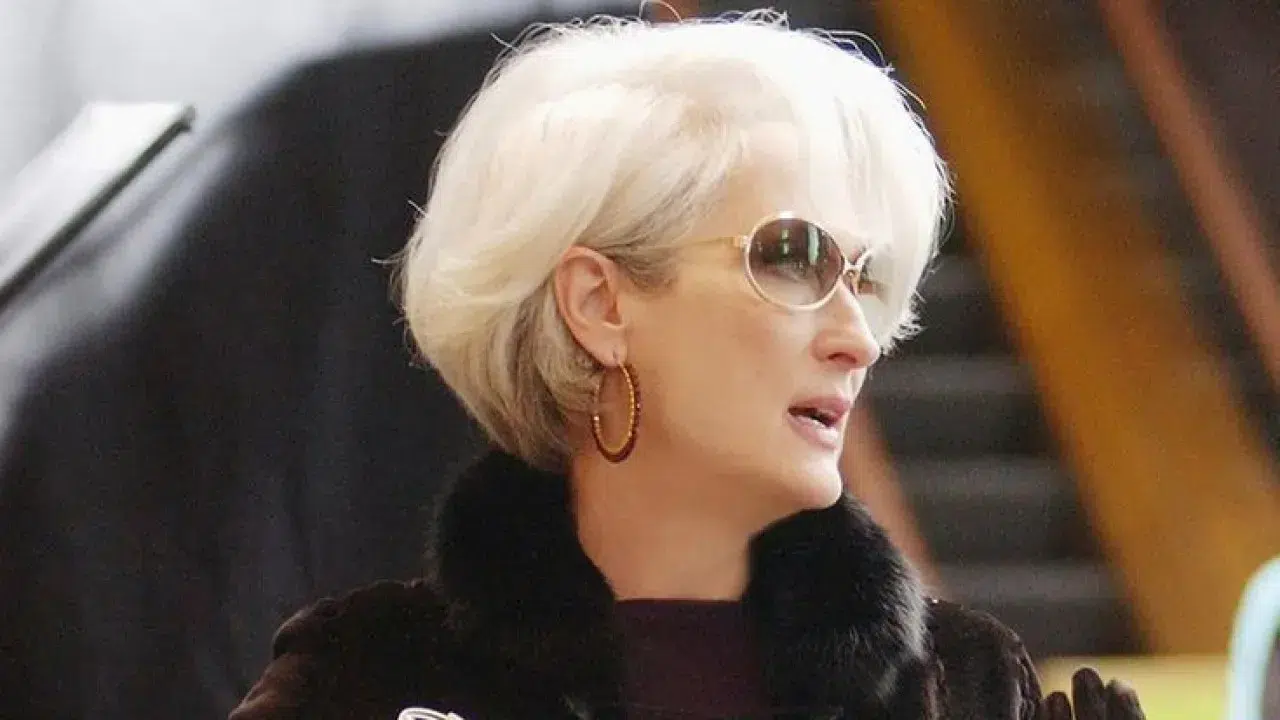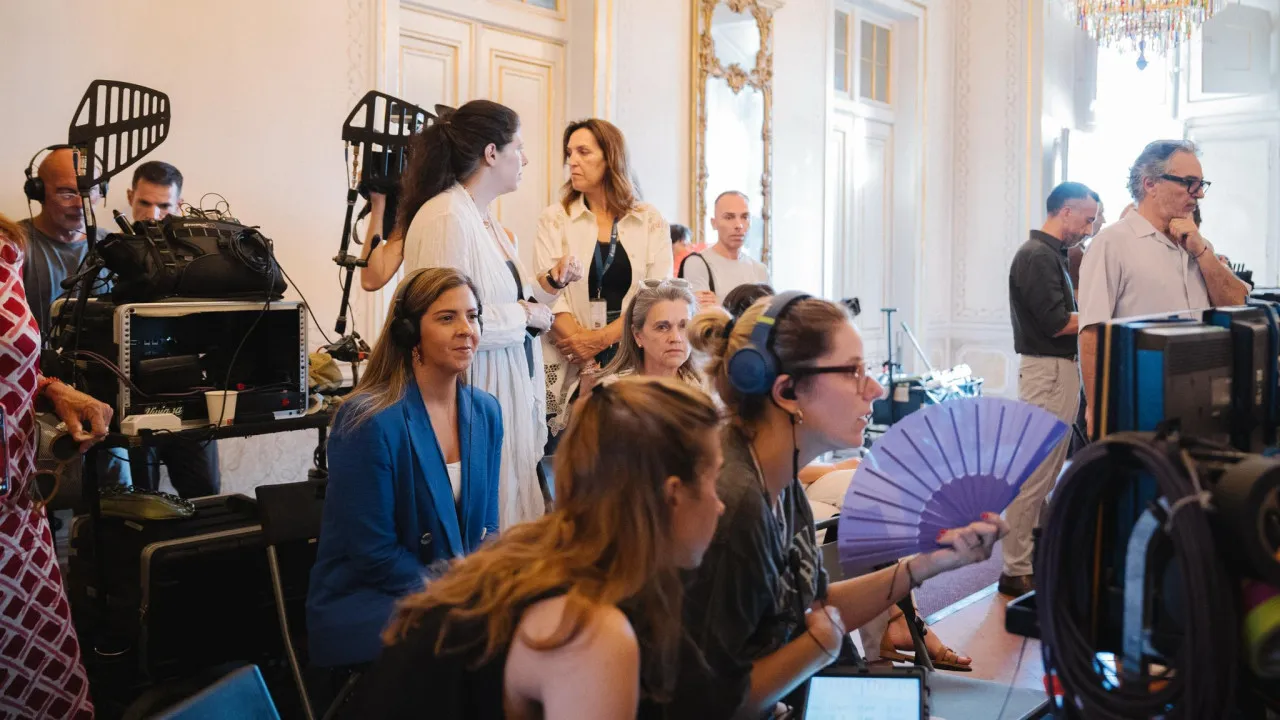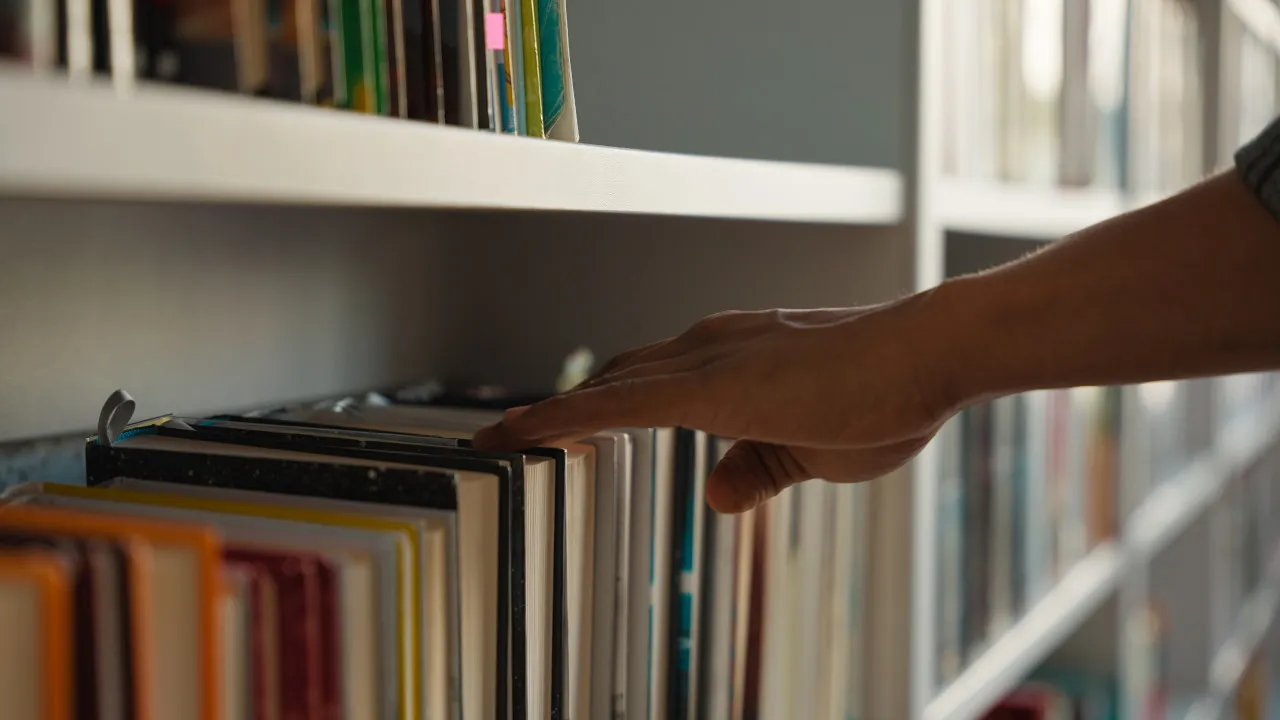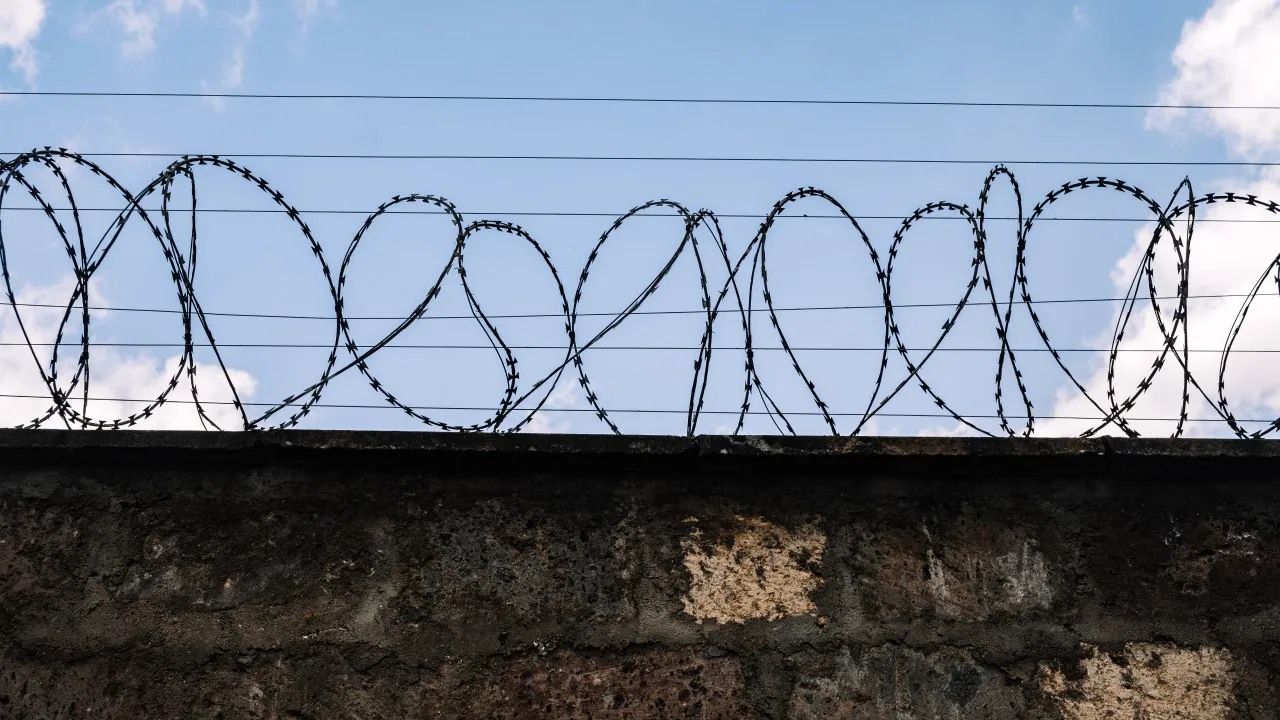A book of unpublished poems by Júlio Pomar (1926-2018), many of them based on popular phrases and proverbs, revealing an artistic expression that intensified in the last years of the painter’s life, will be launched on Sunday in Lisbon.
Entitled “Prima Contradição”, the posthumous book, published by Assírio & Alvim, brings together part of a poetic work that never received a definitive version, selected from over a thousand pages left by Pomar, a multifaceted modernist.
“This poetry is very different from the other, almost like popular quatrains,” Alexandre Pomar, the artist’s son and president of the foundation created twenty years ago to preserve and disseminate the legacy of Júlio Pomar, who died in 2018, told Lusa.
Júlio Pomar also published two books of poems during his lifetime: “Alguns Eventos” (Dom Quixote, 1992) and “Tratado do Dito e Feito” (Dom Quixote, 2003), which also includes the text “Apontar com o Dedo o Centro da Terra”, by the writer and friend António Lobo Antunes.
“This is a different book with very direct and accessible writing, quatrains very much based on popular sayings, set phrases, proverbs and popular expressions,” commented Alexandre Pomar on the posthumous book “Prima Contradição”.
“It’s neither worse nor better/The general lack of interest/We’re doing less badly/It seems that love/It’s not a venal sin/And in this case if it is/It won’t be much worse/Than Easter without Carnival,” is one of the verses contained in the 13 “Cantos” collected in the book.
The poet José Alberto Oliveira (1952-2023) and his son, José António Oliveira, were responsible for selecting the poems and coordinating the work. In a note on the edition, he writes that the work began like this: “Trying to find a text that was as clear as possible, and selecting the poems that seemed most successful to us.”
They also tried to fit them into the thirteen-part scheme that Júlio Pomar called “Cantos”, each with thirteen poems, which was his design, as transmitted by Tereza Martha, the artist’s widow, “who was committed to making this project possible”, he stresses.
Alexandre Pomar recalled that his father “would write notes on some paper that Teresa [Martha] would type up and then, with that text, Júlio [Pomar] would go back to amend, correct and change it.”
“It was a very long and possibly endless process, which he left unfinished. There was no choice already made. There were several versions for each one, because of this process,” he said.
The organizers of the work also describe that some of the poems they found in this collection “were conceived as lyrics for fados, and of these, several have already been set to music, many apparently unfinished, or consisting of variations on the same theme, with no indication of preference between variants.”
Alexandre Pomar believes that the popular nature of this set of verses now published “is related to the taste [Júlio Pomar] had for writing lyrics for fados”, he told Lusa.
“These poems have a bit of that character. They’re not lyrics for fados, but they come in that sequence,” he points out, recalling that in 2023 an album was published with ten fados with the poet-painter’s lyrics, entitled “Pomar”, on the Museu do Fado Discos label.
This tribute album features, among others, the fado singers Camané, Carminho, Ricardo Ribeiro, Cristina Branco, Aldina Duarte, Ana Sofia Varela and Pedro Caldeira Cabral.
Born in Lisbon in 1926, Júlio Pomar belonged to the so-called third generation of Portuguese modernist painters, and his multifaceted work, centered on painting and drawing, also includes ceramics, engraving, illustration, tapestry, set design for theater, and he stands out as one of the greatest animators of the neo-realist movement.
His artistic career was also marked by political intervention – he was imprisoned during Oliveira Salazar’s dictatorship – and he created several public works, including the frescoes in the Batalha Cinema in Porto in the 1940s, which were later hidden by police order.
It was precisely in the 1940s that the painter “began to write some poetry, which was forgotten, but in the 1970s he devoted himself a lot to writing, some of which was published in book form, with a lot of prose and essays on painting”.
His first poems were published in the 1970s, in collaborations for Alberto Lacerda’s magazine “MAIO – International Poetry Magazine, Number One” (1973) and Herberto Helder’s magazine “NOVA 1” (1975).
“Poetry became important in the last decades of my life,” Alexandre Pomar pointed out, especially after he left Paris and moved permanently to Lisbon.
In the Portuguese capital, “he began to relate a lot to some people who frequented the world of fado, Raul Solnado, Cardoso Pires and Carlos do Carmo, and with them he established a new relationship that inspired him to write these verses.”
This new phase in Júlio Pomar’s life, from the 2000s onwards, was also reflected in his paintings, creating portraits of fado singers such as Mariza, Cristina Branco, Marceneiro and Carlos do Carmo.
“It all has a lot to do with relationships of complicity and coexistence. And he really liked doing portraits,” recalled his son about the painter who left several boxes with manuscripts and some typescripts.
Alexandre Pomar believes that, “eventually, it would be justified to publish the lyrics for the fados, because there are more than those on the record”.
The presentation of “Prima Contradição”, a 300-page work, will take place on Sunday at 16:30 at the Atelier-Museu Júlio Pomar in Lisbon, with a presentation by historian and musicologist Rui Vieira Nery, researcher and writer Golgona Anghel and curator, art critic, essayist and researcher Óscar Faria, and a poetry reading by actress Lia Gama.








